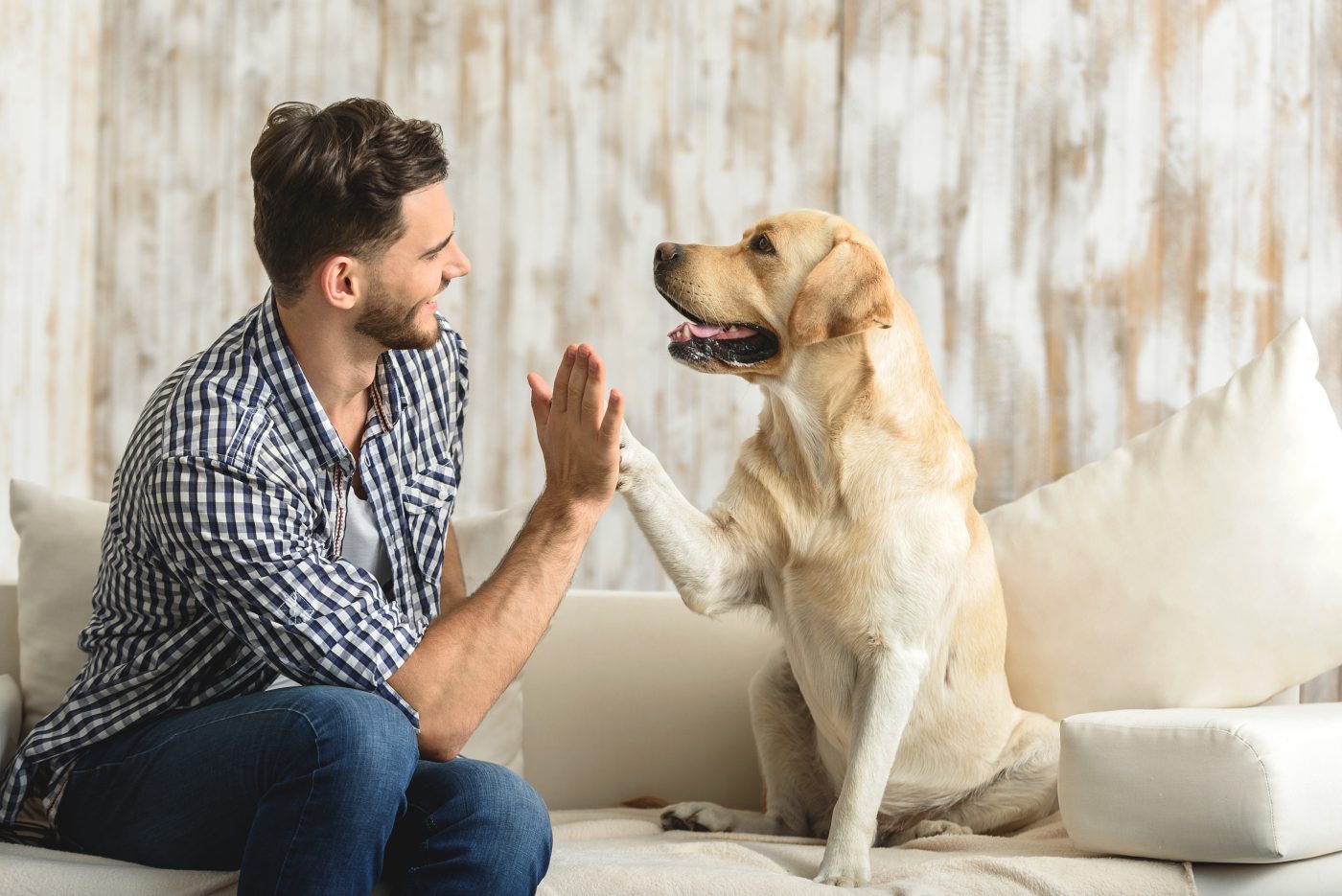 Shutterstock
Shutterstock
Dogs are known for their incredible adaptability, often mirroring the habits and behaviors of their owners. Over time, many dogs pick up peculiar and amusing habits that reflect the people they live with. Whether mimicking a physical posture or picking up a particular quirk, dogs are observant and intuitive creatures. While they have personalities, they often display behaviors resembling their human companions’ routines, preferences, and even emotional states. This unique bond leads to some surprising and sometimes hilarious dog habits.
Sleeping Positions That Look Familiar
 Shutterstock
Shutterstock
One of the most amusing habits dogs pick up from their owners is mimicking sleeping positions. Your dog might start doing the same thing if you like to sprawl out in bed or curl up in a specific position. Dogs are highly observant, and if they notice you lying a certain way, they may want to imitate you, perhaps to feel closer to you or share in the comfort. For example, if you sleep on your side, your dog may curl up next to you or even adopt a similar posture. Seeing your dog assume the same relaxed position is adorable and funny, clearly trying to match your comfort level.
Food Preferences and Snacking Habits
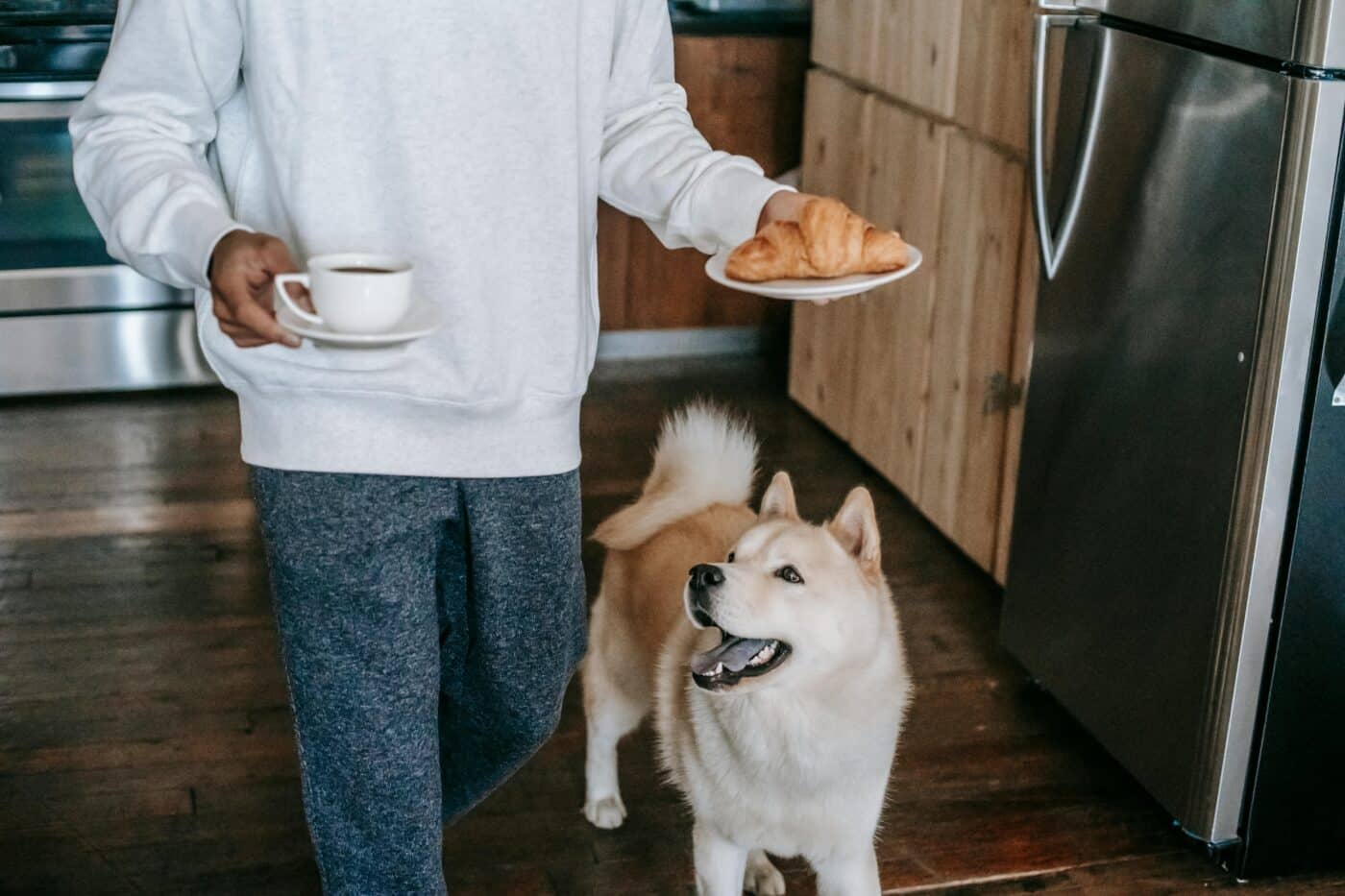 Shutterstock
Shutterstock
Many dogs start to develop food preferences based on what their owners like to eat. If you indulge in certain snacks—like chips, cheese, or peanut butter—your dog might also start showing a heightened interest in these foods. While it’s important to avoid feeding your dog unhealthy or dangerous human foods, it’s funny how dogs often pick up on your snacking habits. They might look expectantly at you, waiting for a bite of your favorite food. Over time, they even develop their own “favorite” treats that resemble what you often enjoy, further deepening the bond between you and your dog through shared tastes.
Emotional Reactions and Body Language
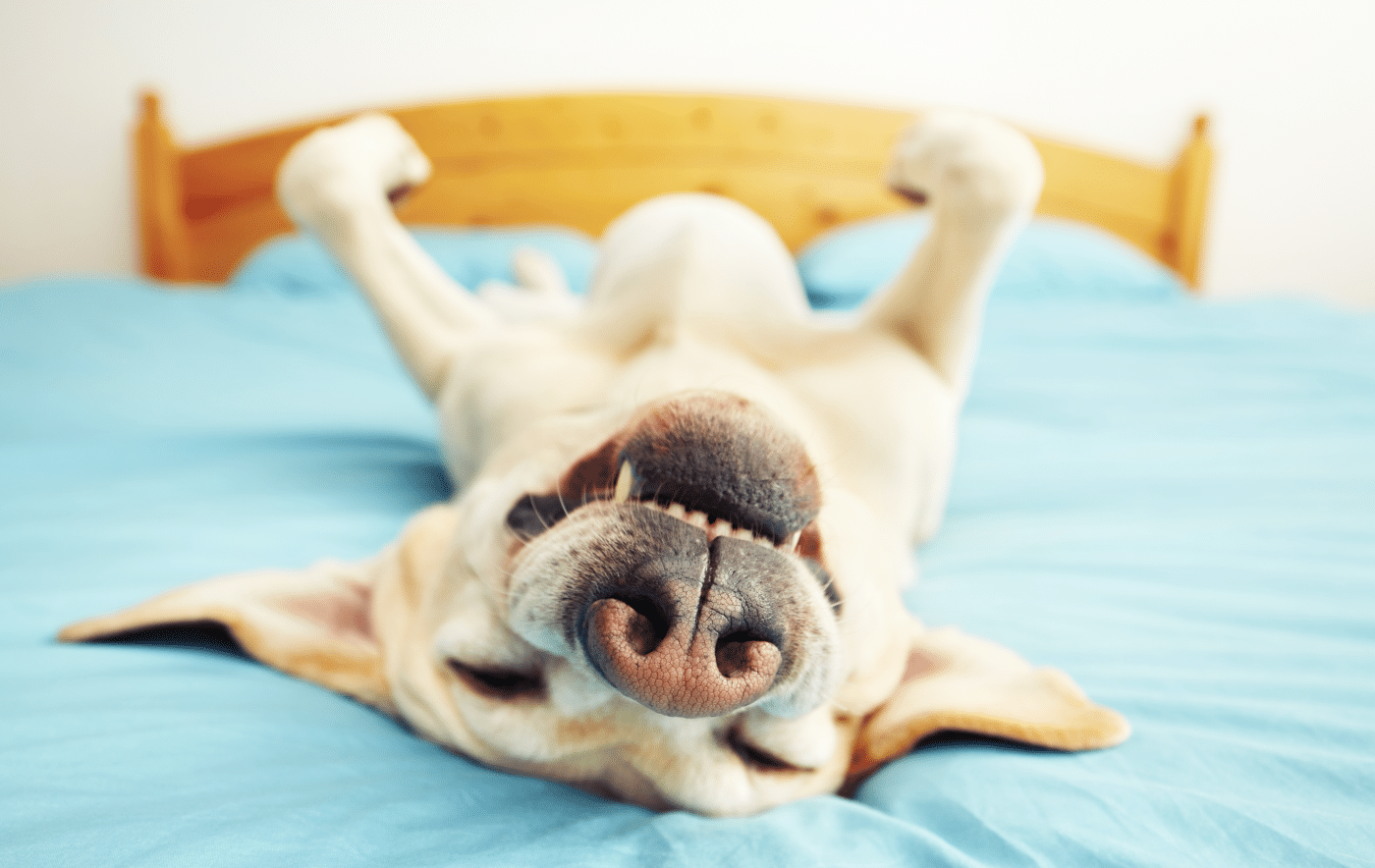 Shutterstock
Shutterstock
Dogs are highly in tune with their owner’s emotions and can pick up on cues like body language and facial expressions. If you tend to show anxiety or frustration, your dog might start exhibiting similar behaviors. For instance, if you pace when stressed, your dog might follow suit and start pacing as well. Dogs also reflect happiness and excitement. If you’re always smiling or laughing, your dog may mirror these emotions by wagging their tail more or jumping in excitement. This mimicry results from the strong emotional bond between you and your dog, as they often feel the same way you do in emotionally charged situations.
Mimicking Your Favorite Hobbies
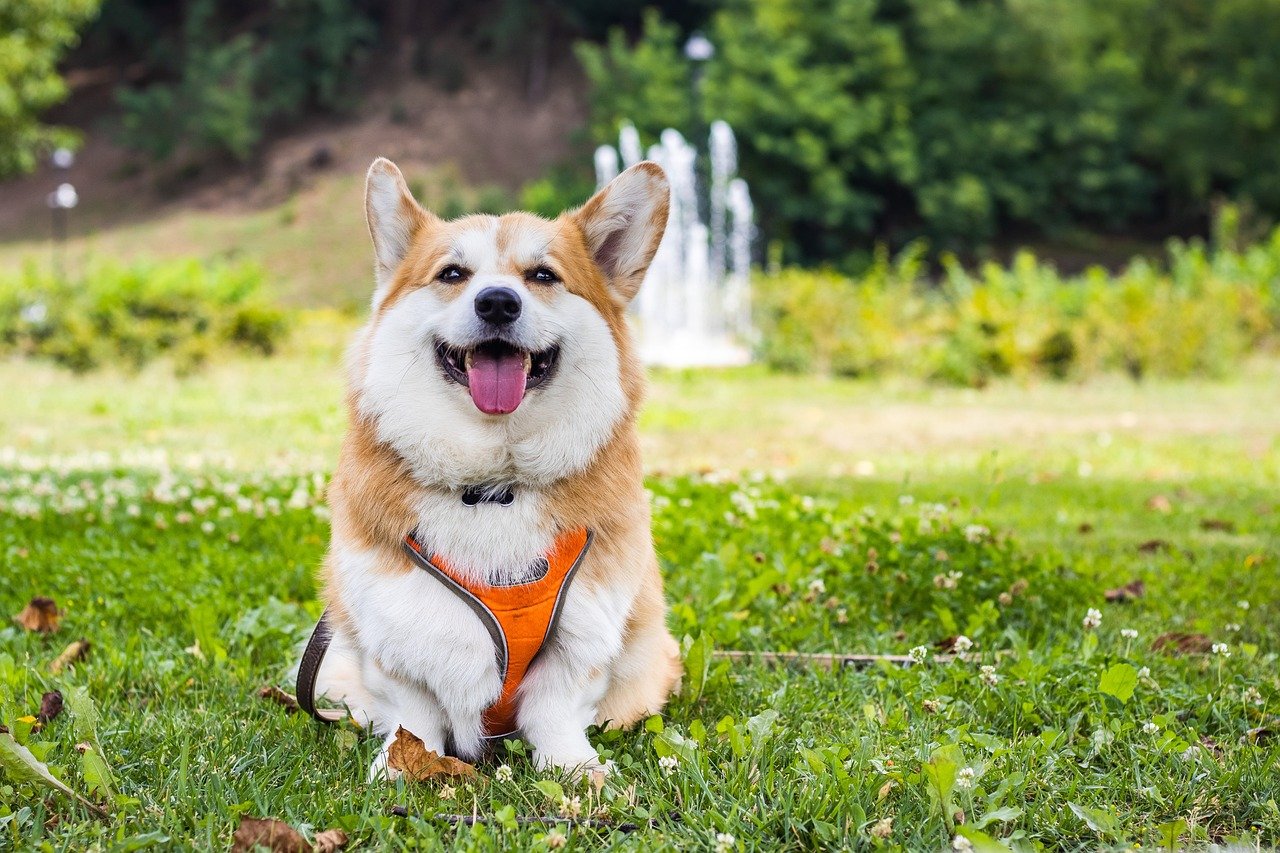 Shutterstock
Shutterstock
Dogs are quick to adopt their owner’s favorite hobbies and routines, especially when it involves outdoor activities. If you enjoy jogging, hiking, or playing a sport, chances are your dog will show a similar enthusiasm for these activities. They might start eagerly wagging their tail or running in circles at the sight of your shoes, signaling their readiness for a walk or jog. Similarly, if you like to spend time gardening, your dog may start digging or sniffing around in the garden as they mimic the activities they see you enjoying. Dogs love routines and will often eagerly join in on the activities you consistently engage in.
Copying Your Daily Routine and Timings
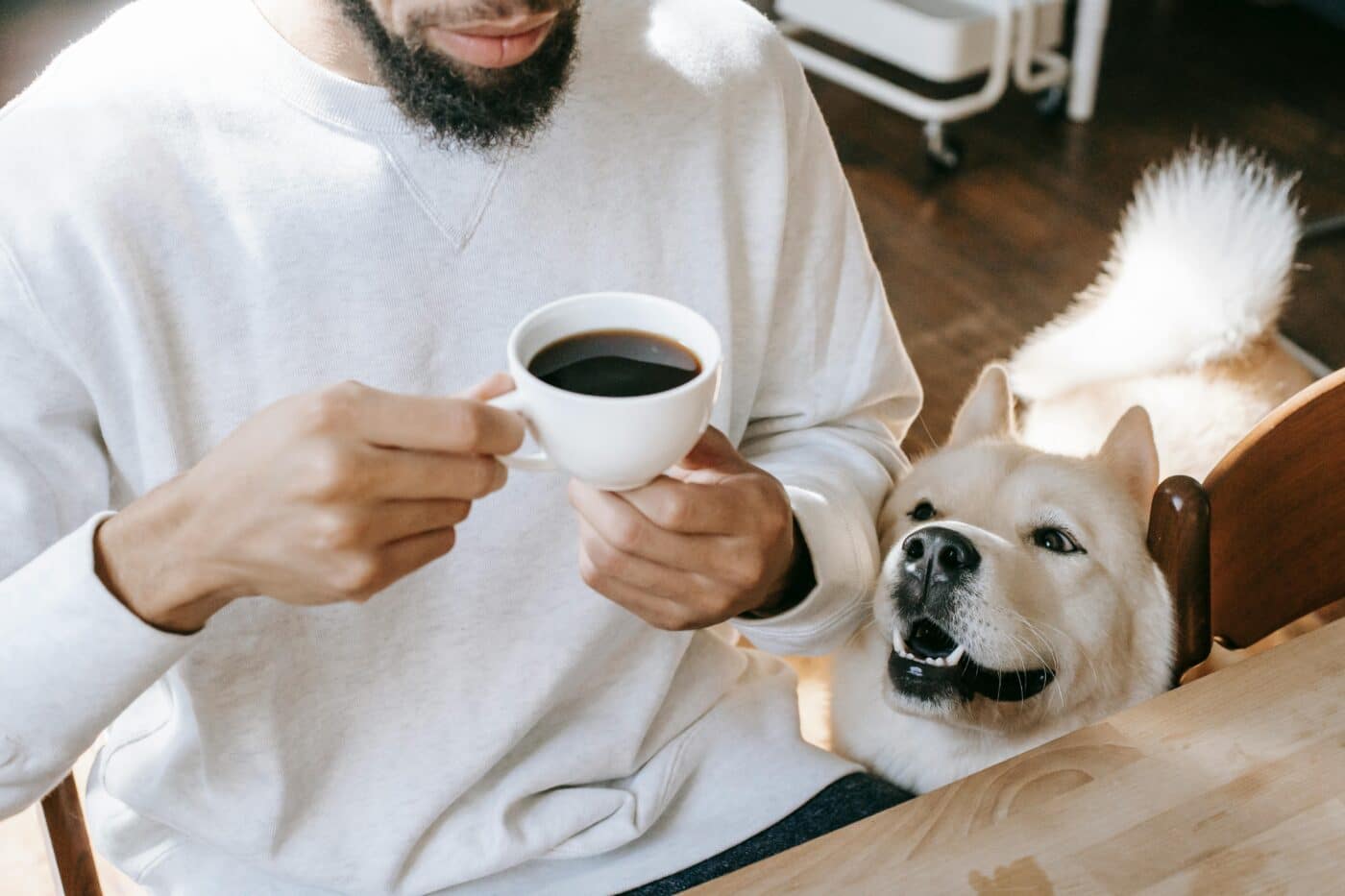 Shutterstock
Shutterstock
Dogs are creatures of habit and thrive on consistency. If you have a set routine for meals, walks, or bedtime, your dog will quickly pick up on that pattern and adapt. For example, if you regularly wake up at 7 AM, your dog will likely be right there with you, ready to start the day. If you eat at a certain time each day, your dog will also begin to expect their own meal at that time. They often follow your schedule to the minute, and when you deviate, your dog might become more anxious or act out. It’s their way of staying in sync with you and your rhythm.
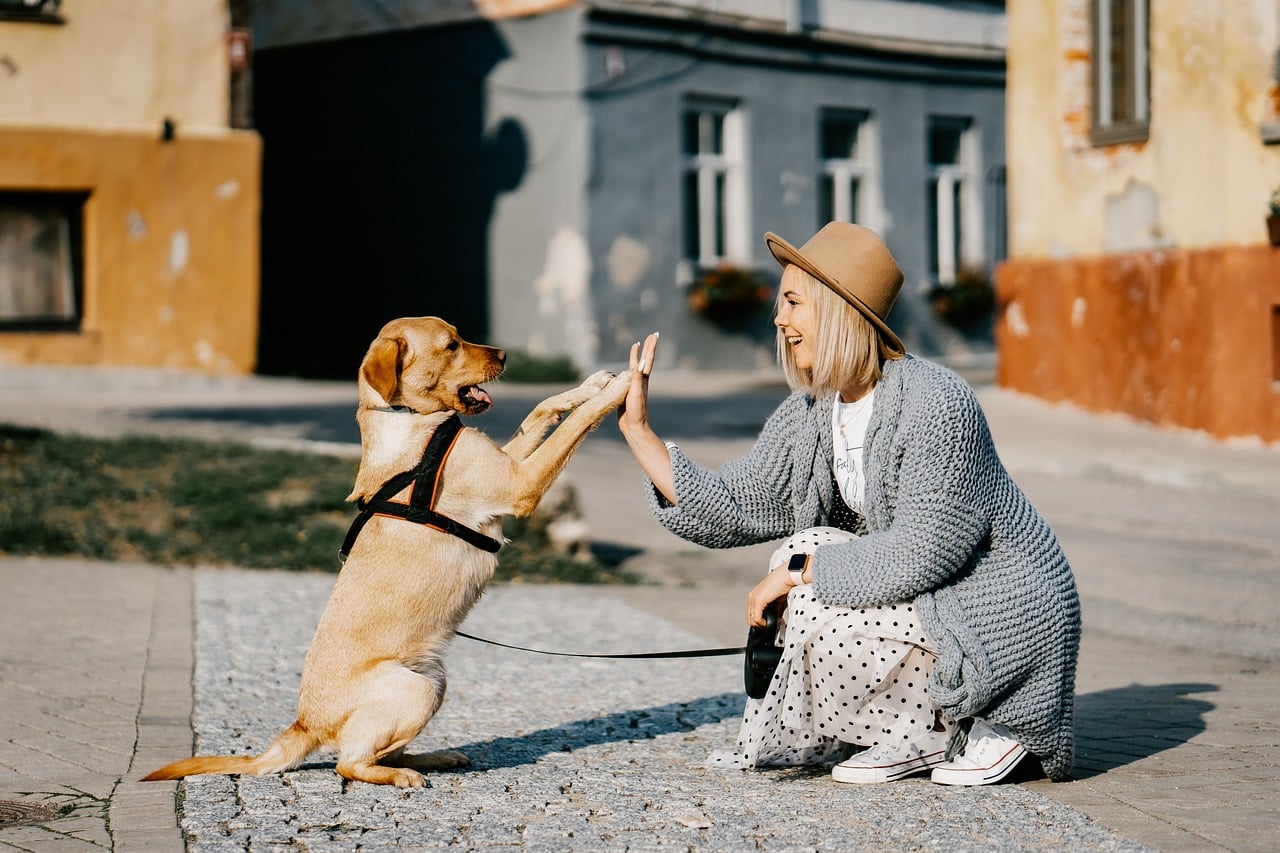 Shutterstock
Shutterstock
Dogs are also highly observant regarding their owners’ social behaviors. If you’re a social butterfly who loves to meet new people, your dog will likely adopt a more friendly, outgoing demeanor. They’ll greet guests enthusiastically, perhaps even as far as wagging their tails or offering a paw to say hello. On the other hand, if you’re more introverted and prefer quiet time at home, your dog may show similar tendencies, becoming more reserved or cautious around strangers. Dogs reflect the social habits of their owners, often adapting their behaviors to align with the energy in their household.
Developing Your Fear Responses
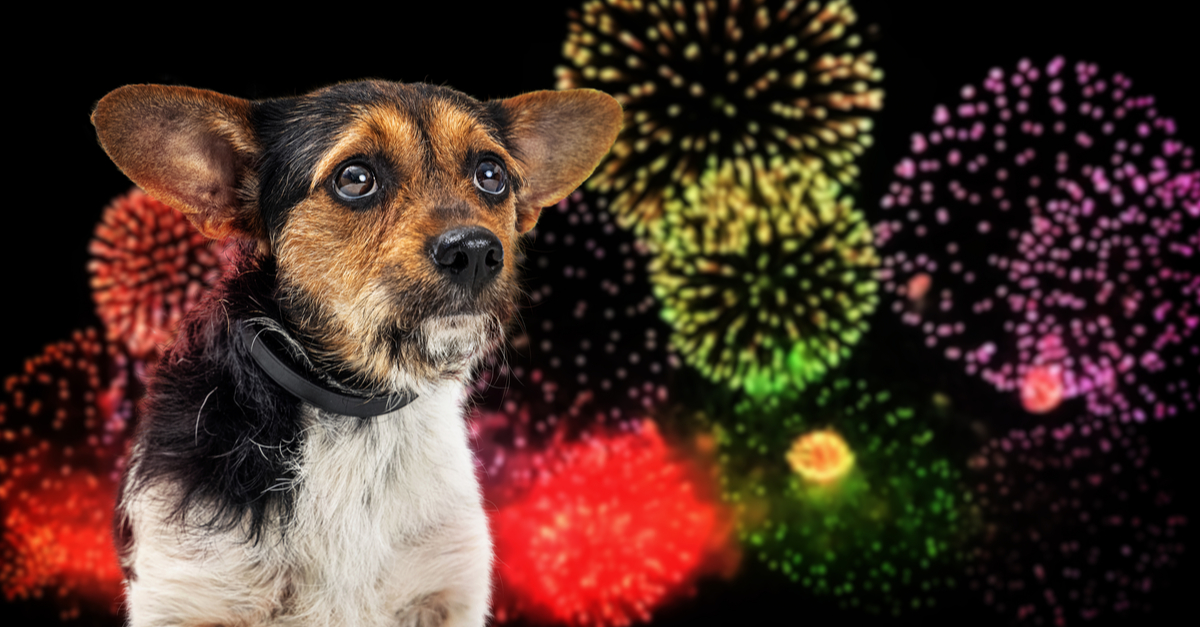 Shutterstock
Shutterstock
Dogs are incredibly attuned to their owners’ emotional states, including mimicking fears or anxieties. If you’re afraid of certain situations, like thunderstorms or vacuum cleaners, your dog might begin to show similar signs of distress. This could include whining, pacing, or seeking comfort through cuddles. Some dogs even pick up on phobias you may not even be consciously aware of. If you jump at loud noises, your dog might start reacting the same way, interpreting it as something to be afraid of. In these cases, it’s almost like your dog reflects your emotional state, acting like they share the same fear.
Copying Your Postures and Gestures
 Shutterstock
Shutterstock
Dogs are excellent imitators and often copy their owners’ body language and gestures. For instance, if you frequently stretch when you wake up, your dog might start stretching similarly. Similarly, if you raise your hand to signal your dog to sit or stay, they may raise their paw as a form of mimicry. Some dogs even adopt a human-like posture when they sit, crossing their paws just like you might cross your legs while sitting. While these actions are often unconscious on the dog’s part, it shows how closely they observe and mimic their human companions, often to hilarious results.
It’s Like Looking in a Paws-itive Mirror
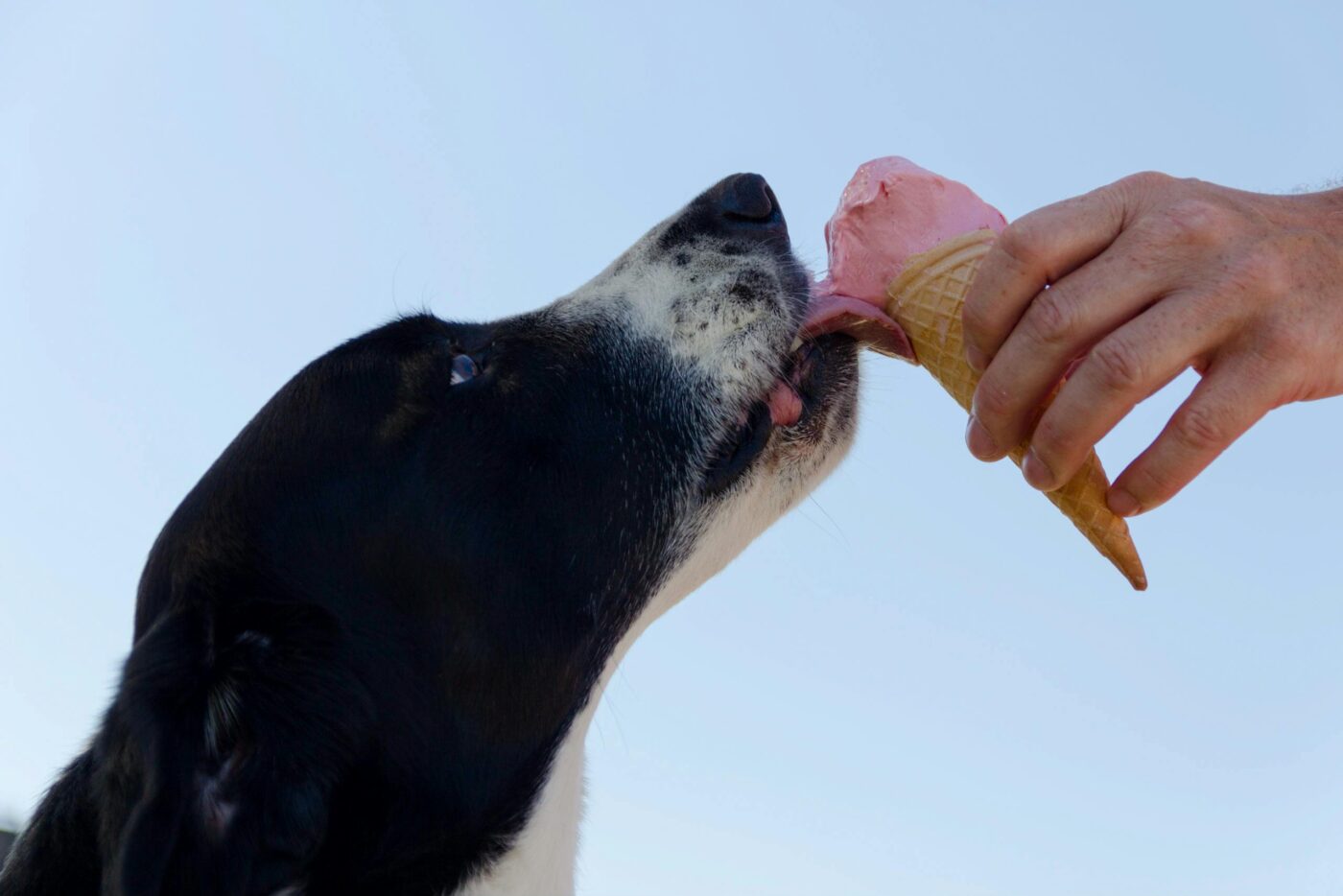 Shutterstock
Shutterstock
Dogs are perceptive and often mirror their owners’ behaviors, mannerisms, and emotional responses. Whether they’re copying your sleep positions, food preferences, or social habits, dogs have an uncanny ability to adapt and reflect the routines of the people they live with. This mimicry deepens their bond with us in a heartwarming and often humorous way. It’s like having a furry mirror that reflects your emotions and little quirks, showing how deeply dogs connect with their owners in every way possible.

 1 week ago
8
1 week ago
8
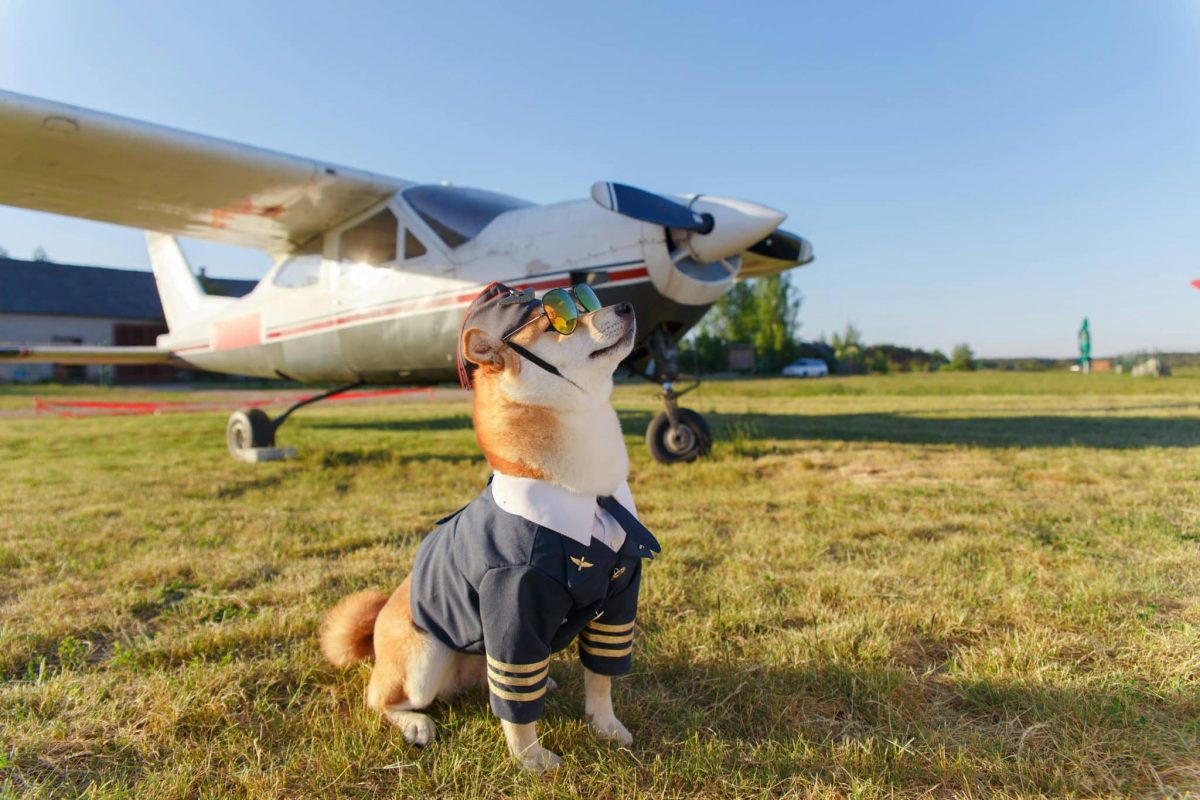
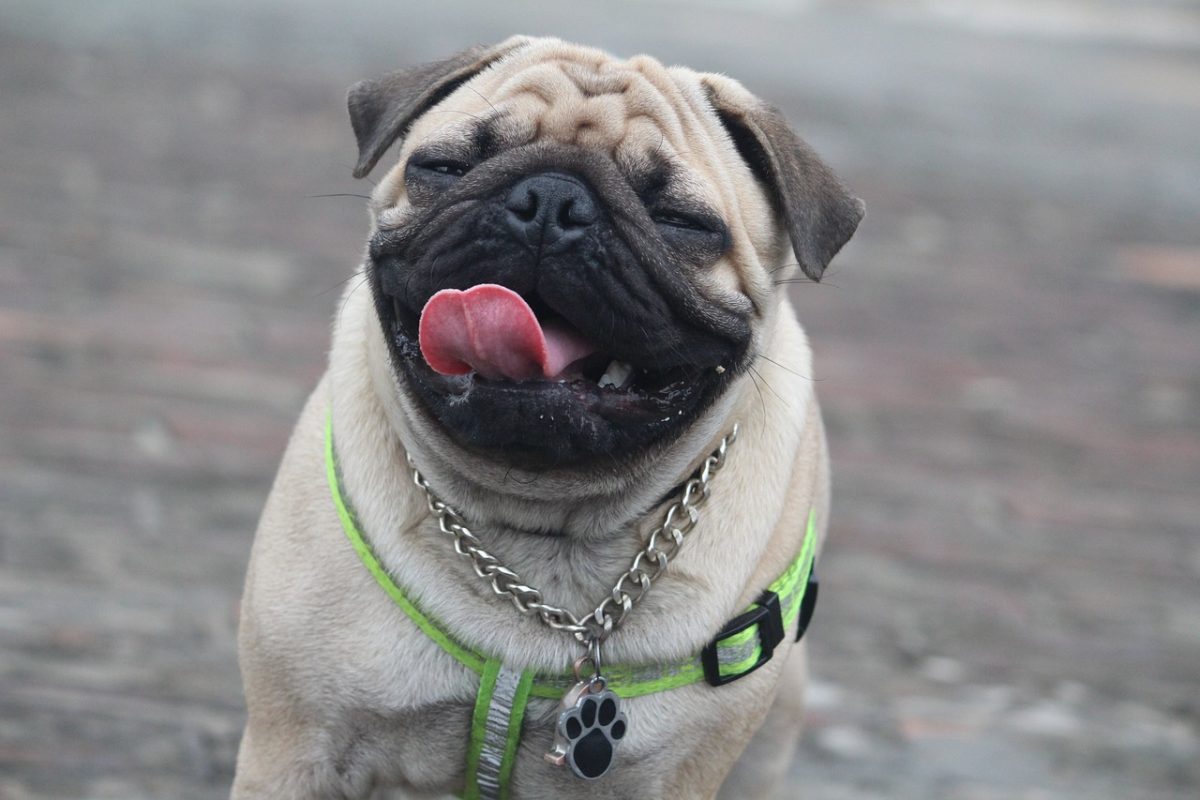
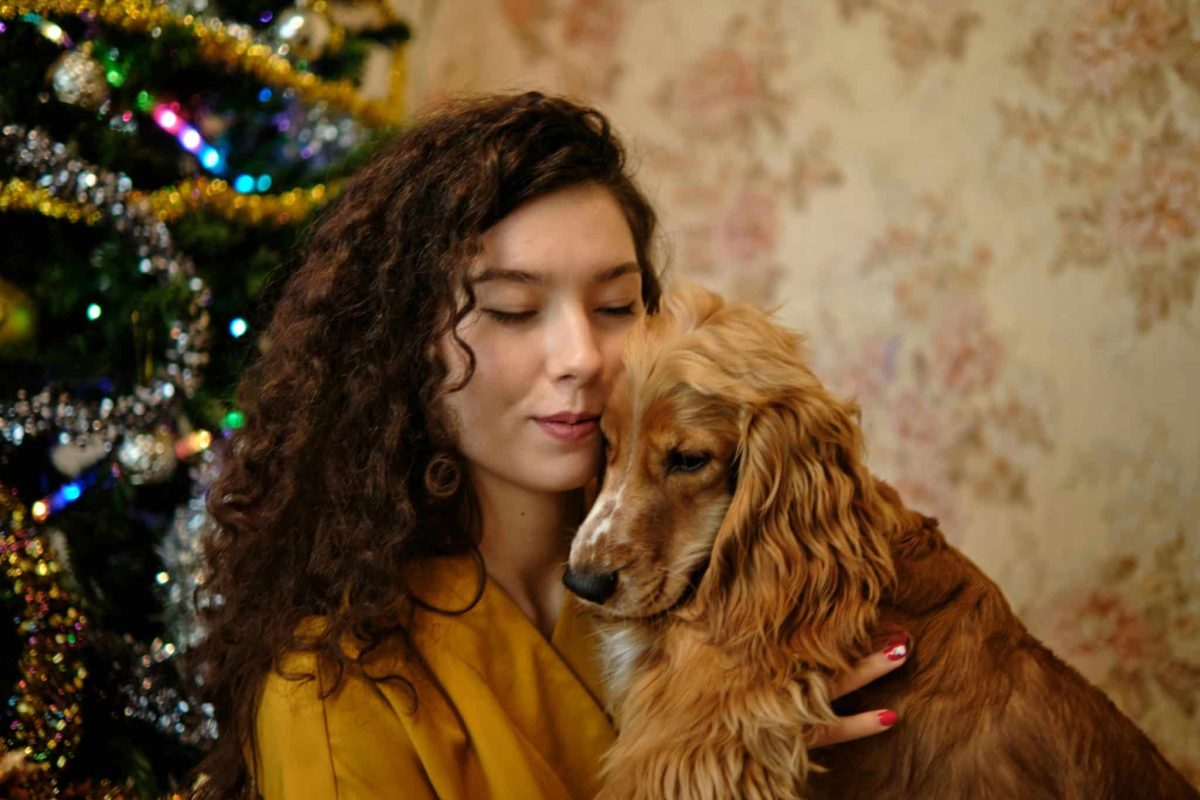
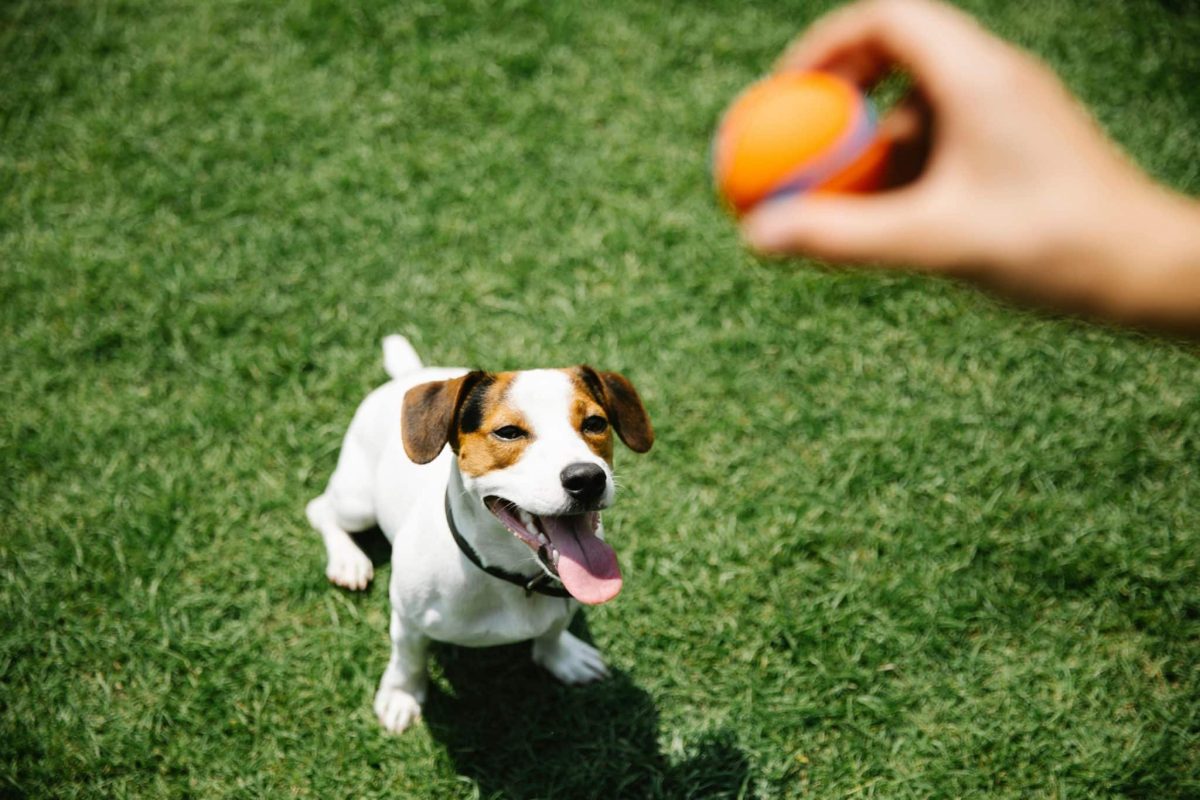
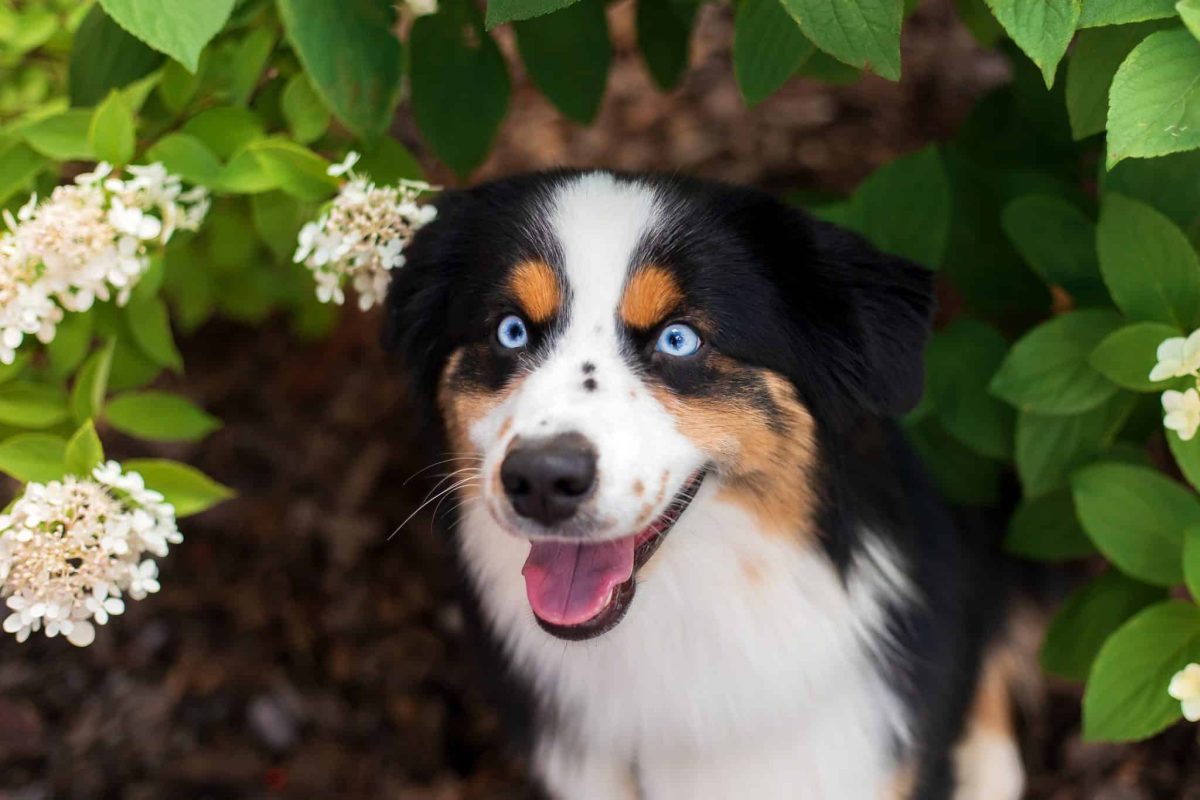
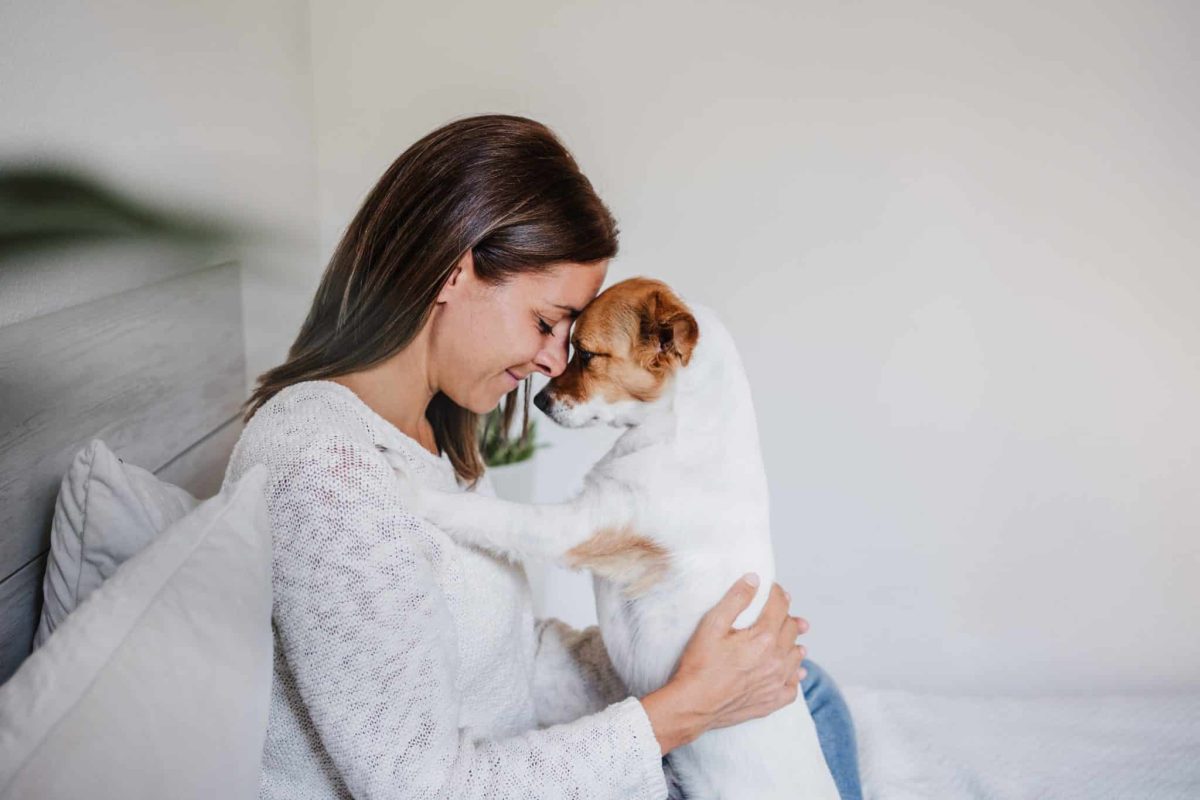
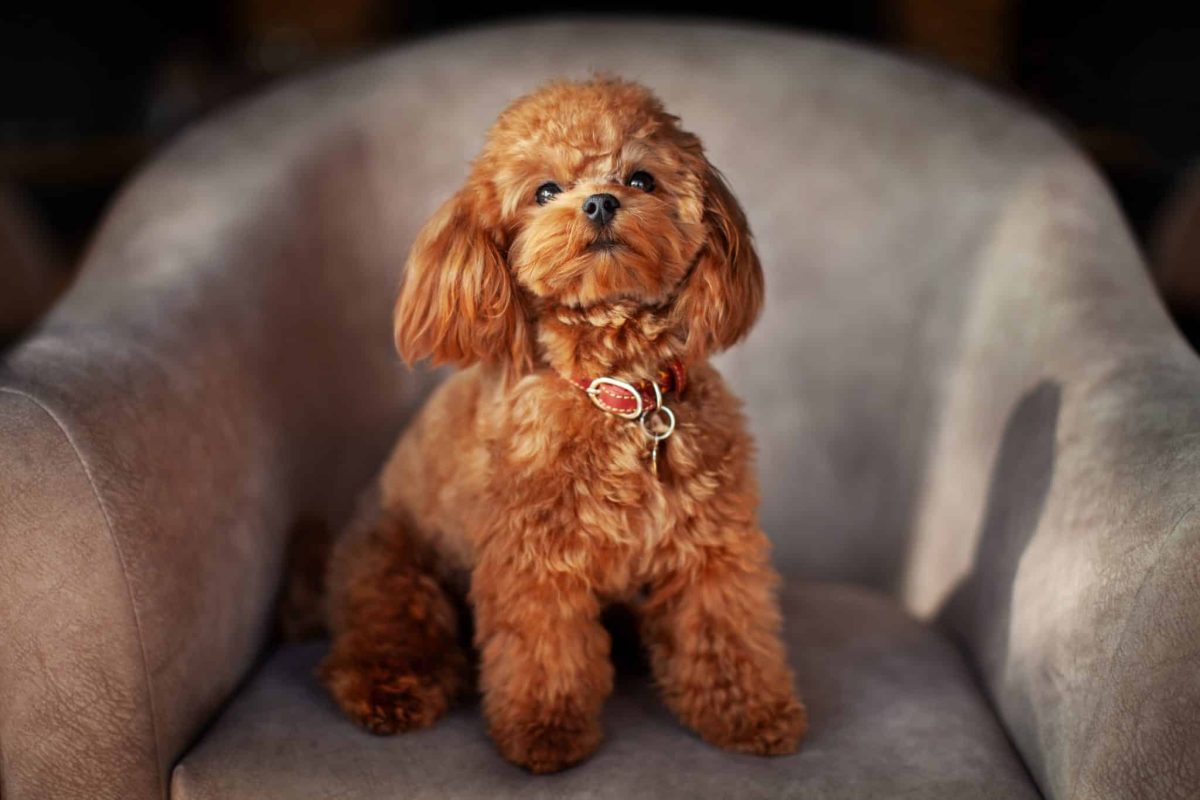

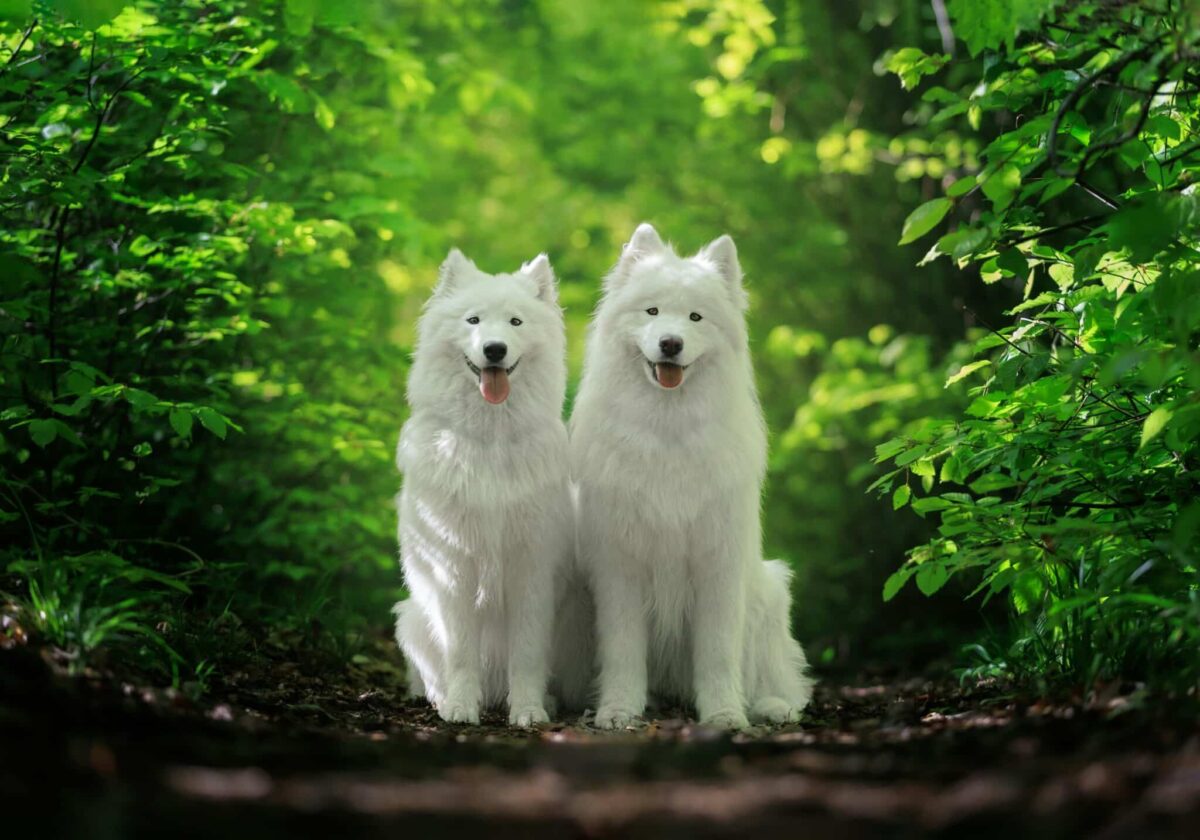
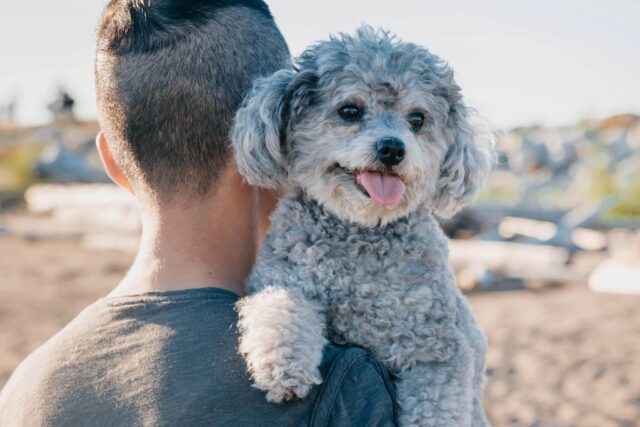
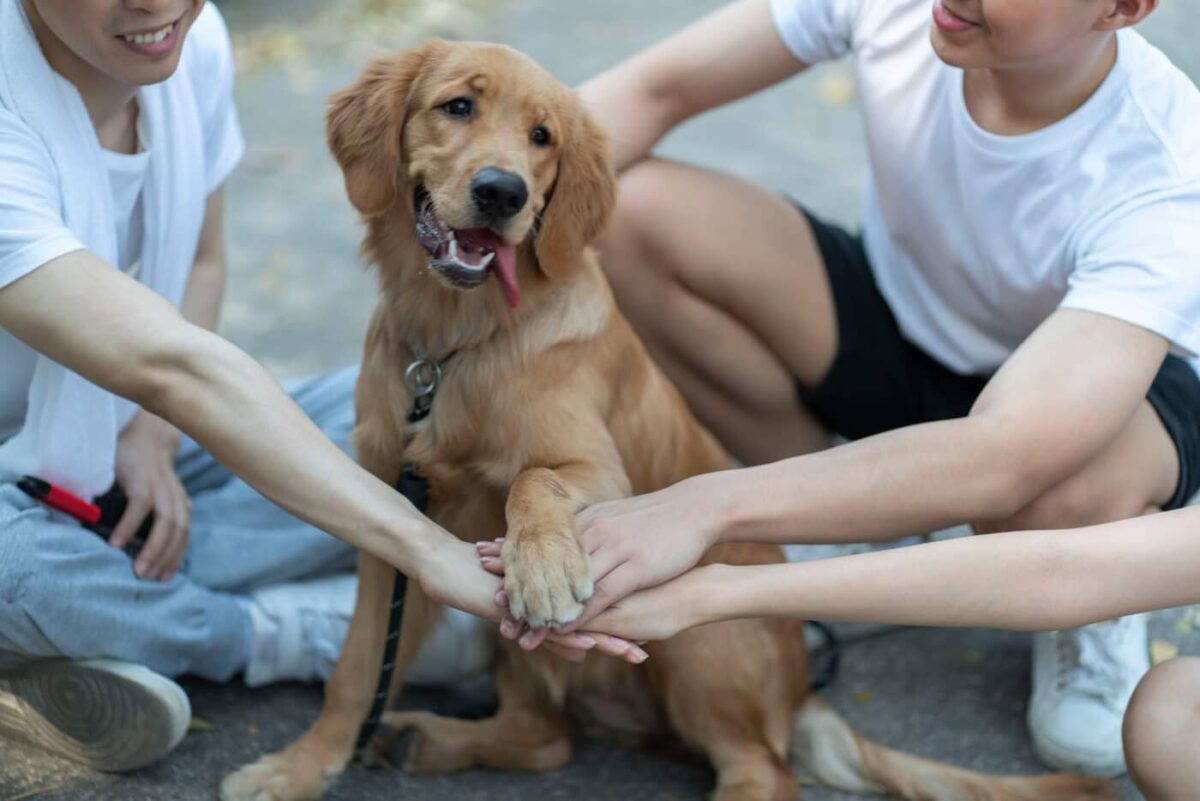
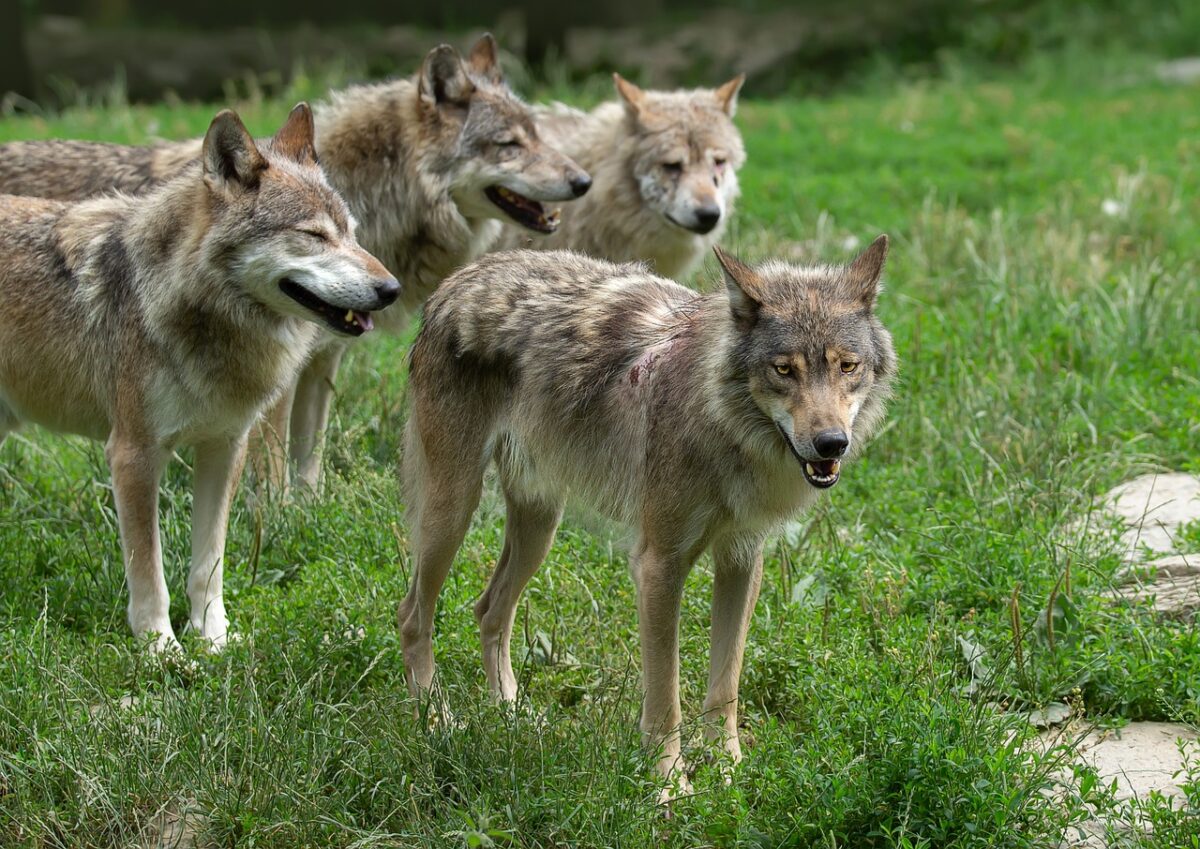
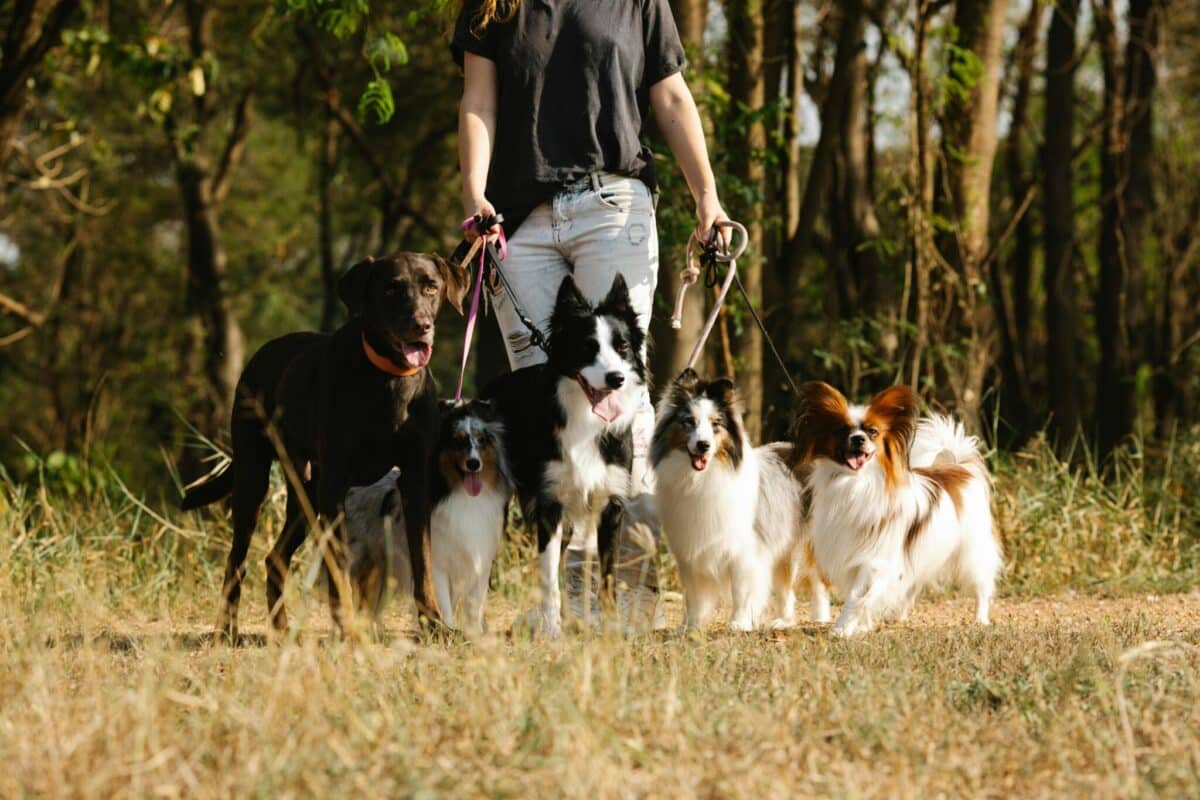
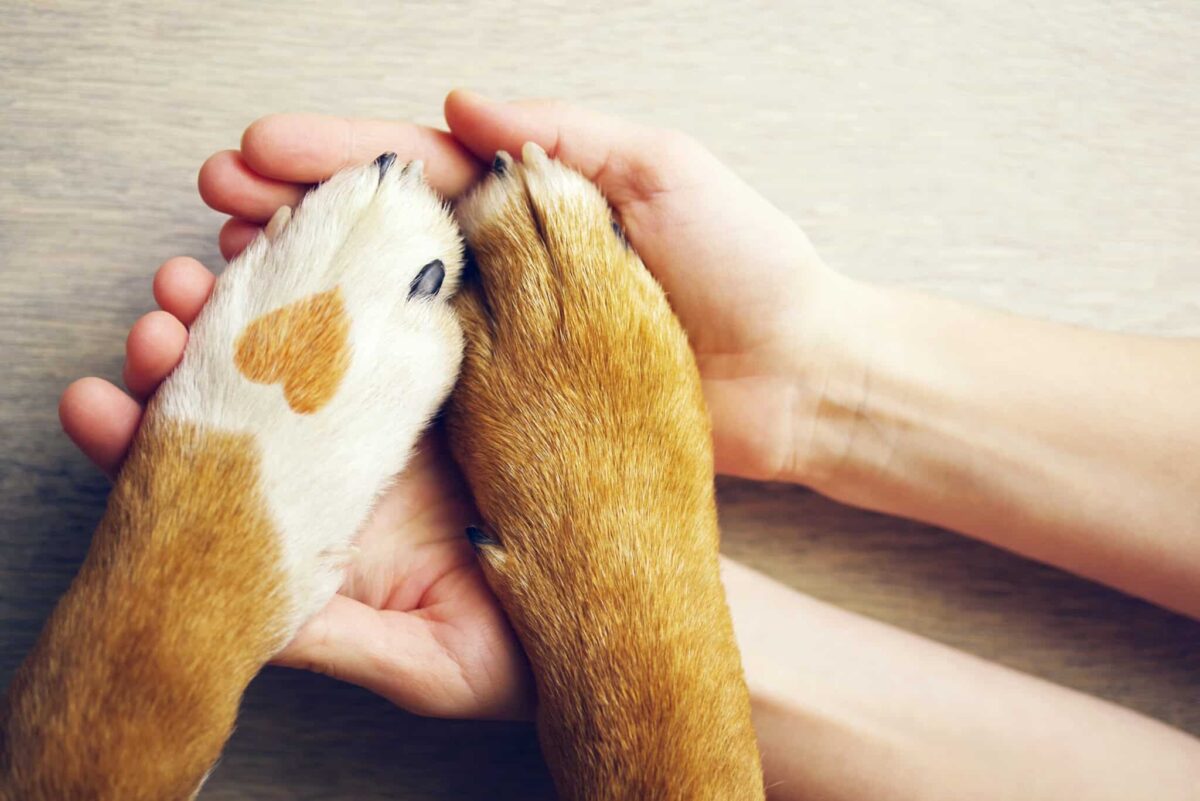

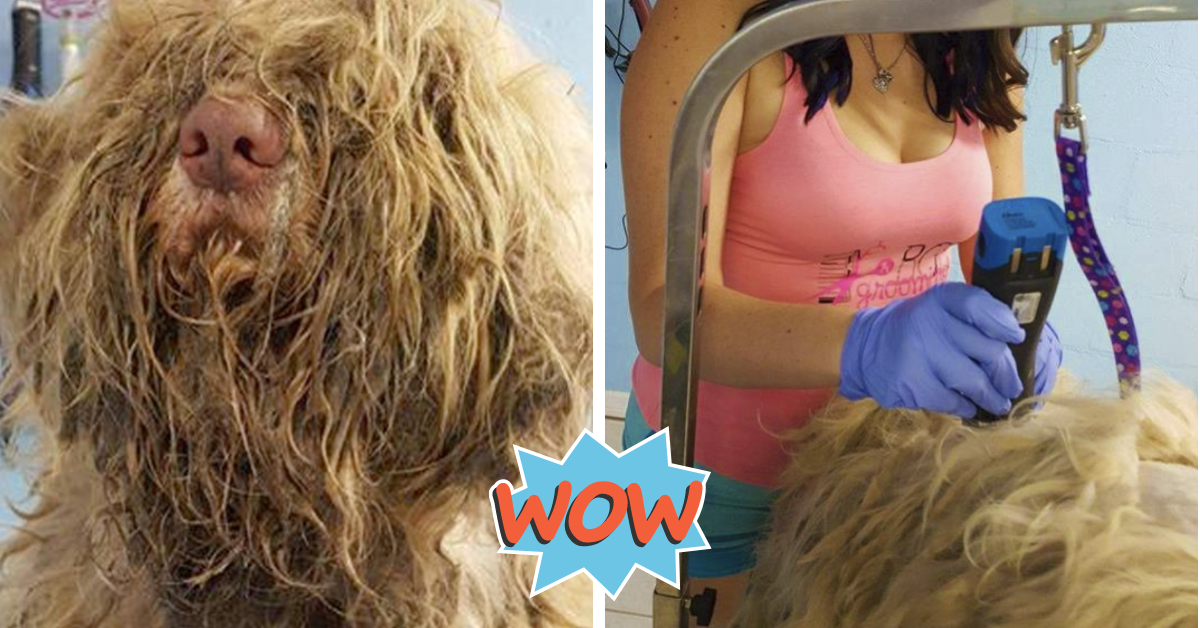
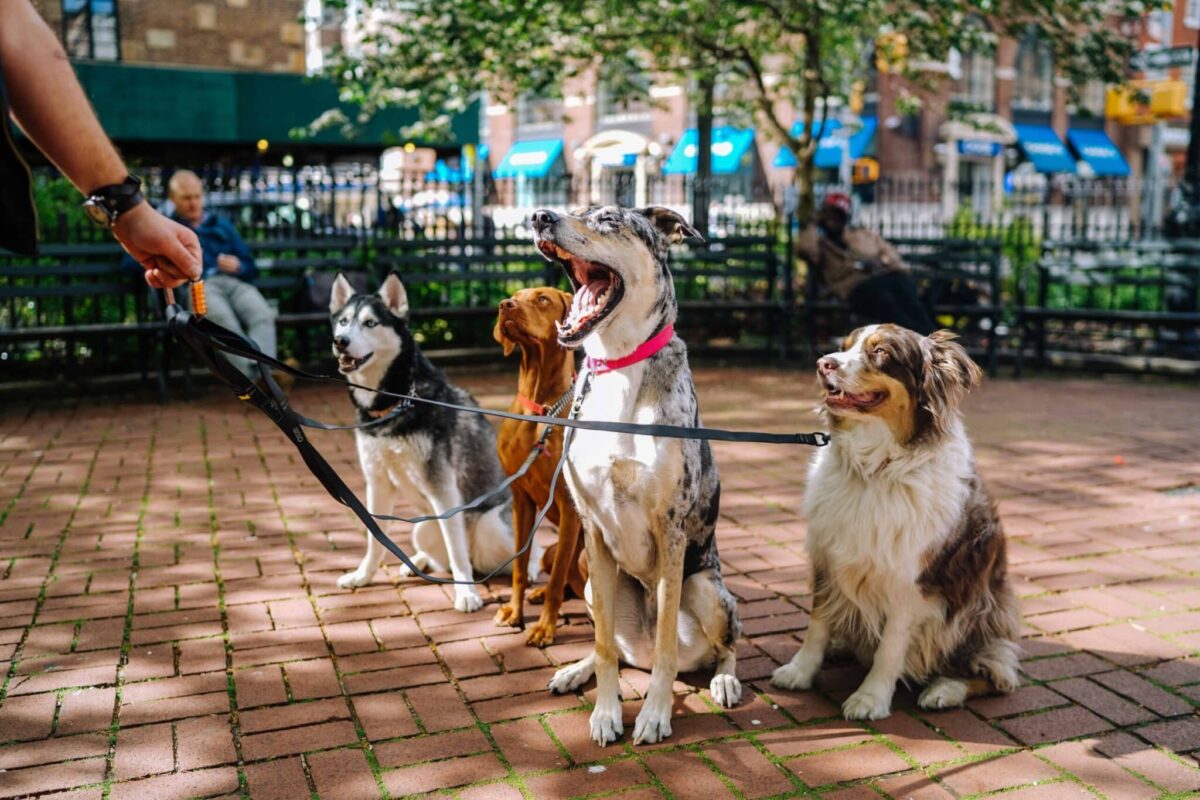
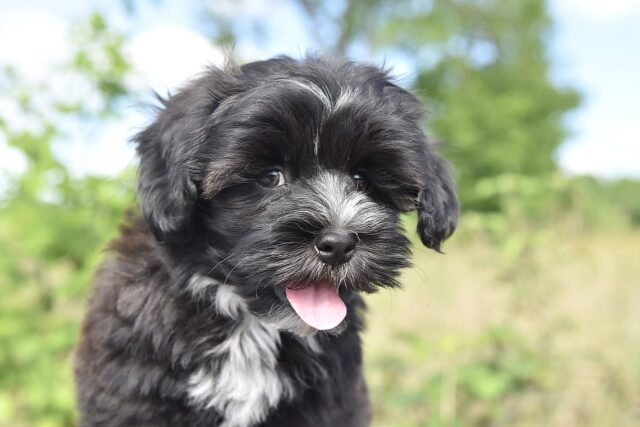
 English (US) ·
English (US) ·